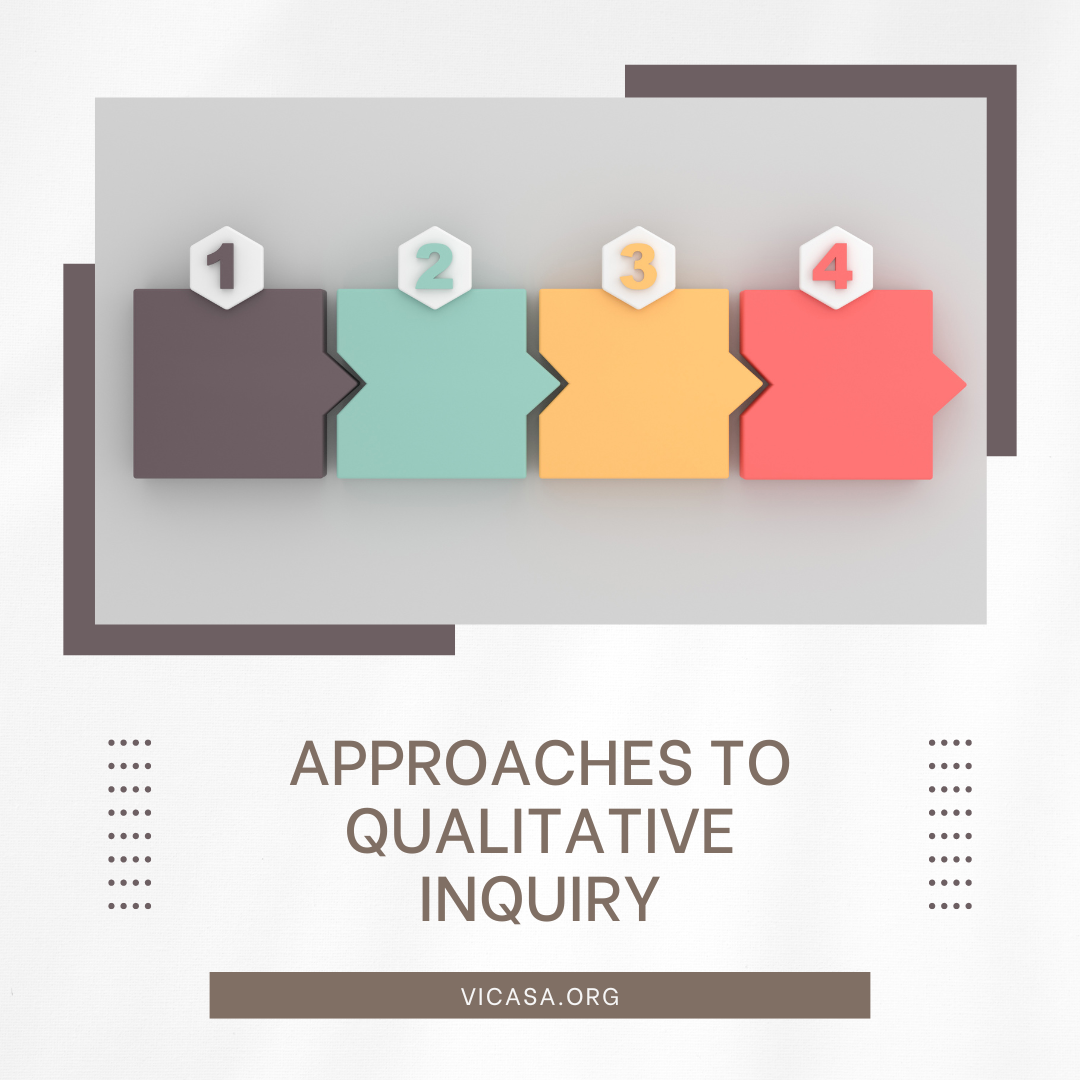Qualitative Research

Qualitative research is not easier than quantitative research. It is complex and very, very time-consuming if you are going to engage in rigorous methods. Even if you don’t feel confident with your statistical skills, which you can and will learn as a consumer of research. The default is not adopting qualitative methods. if you choose to engage with qualitative methods, you need to know that there are no shortcuts.
—DR. MARGENE ANDERSON
Reflecting on the impact of this course can bring up several insights to educators:
Impact on Worldview
Qualitative research likely encouraged a deeper examination of educators’ own worldview. Engaging with qualitative research methods helps them recognize how personal experiences, beliefs, and biases shape their understanding of educational contexts. They can become more aware of the complexities of different perspectives and the importance of empathy in research.
Researcher as Change Agent
Educator might have also considered the role of the researcher as a change agent. Understanding qualitative methods equips them to not just study educational phenomena but to influence them. This realization can be empowering, highlighting the potential for research to address injustices or bring about positive changes in educational practices.
Emotions and Motivation
Engaging in qualitative research leads educators’ to various feelings. They could feel excited about the new knowledge and skills they will gain, seeing them as tools for future impact. Alternatively, they can feel overwhelmed by the depth of qualitative research and its implications. Ultimately, qualitative research likely leaves them motivated, inspiring them to apply what they will investigate to their own educational setting or research endeavors.
In summary, qualitative research can prompt educators to reflect critically on their worldview while also recognizing their potential as a researcher to drive change. Whether feelings of excitement, overwhelm, or motivation dominate, each emotion contributes to their growth and readiness to tackle future challenges in education.



